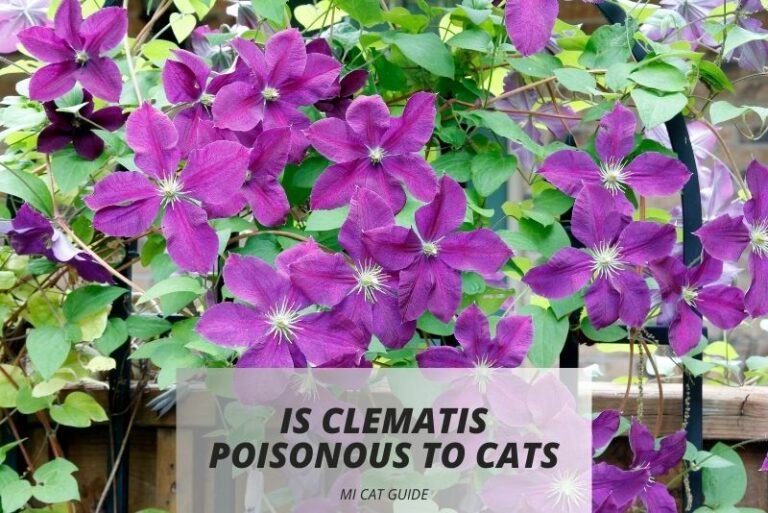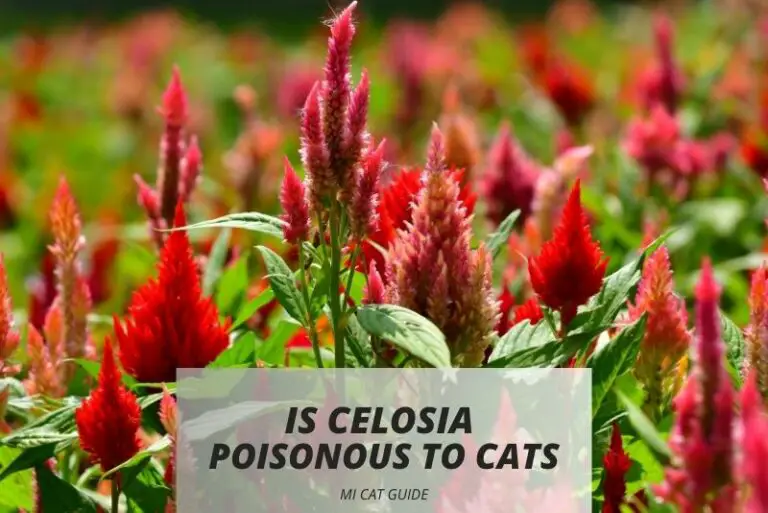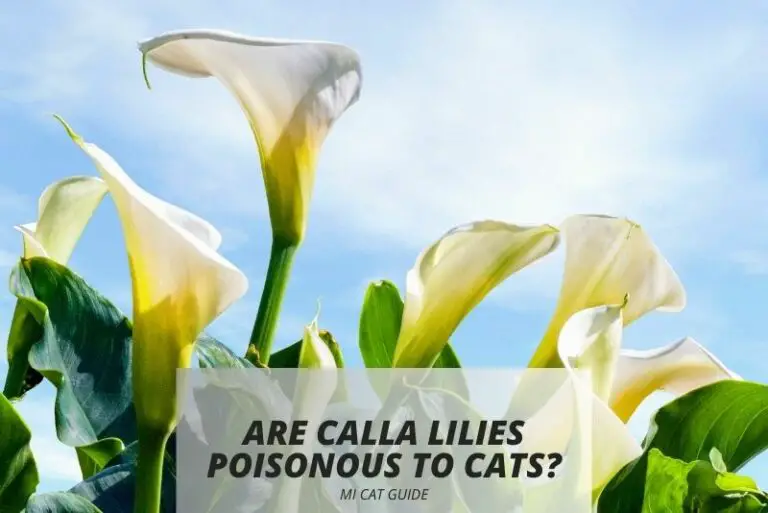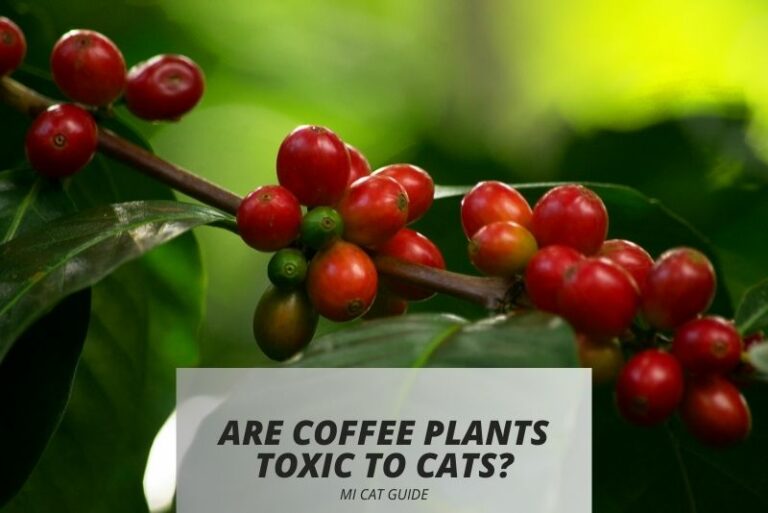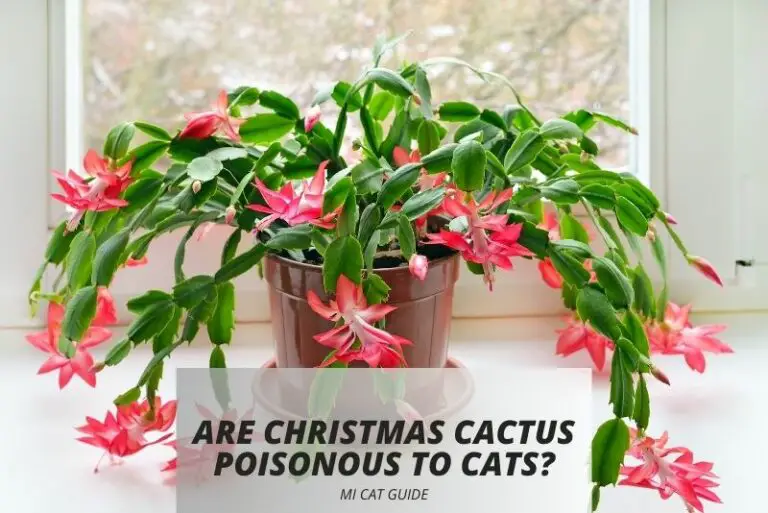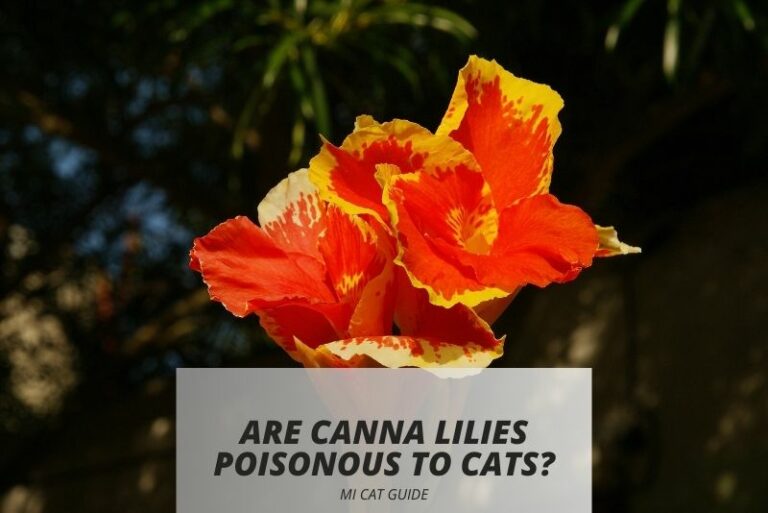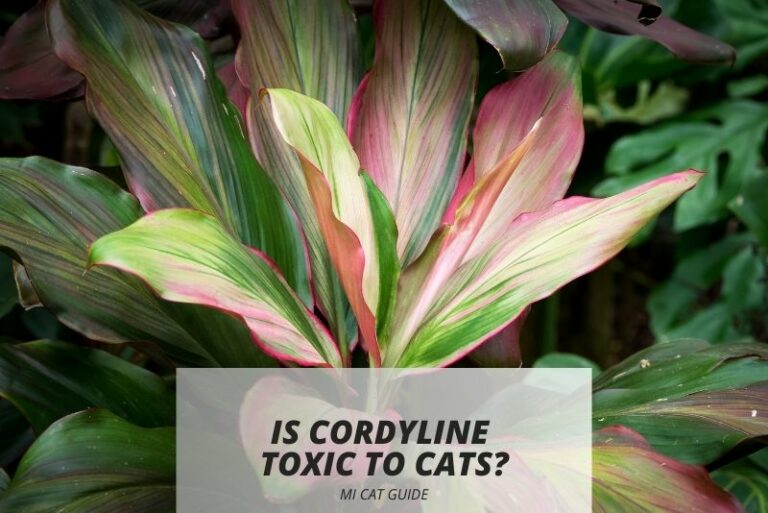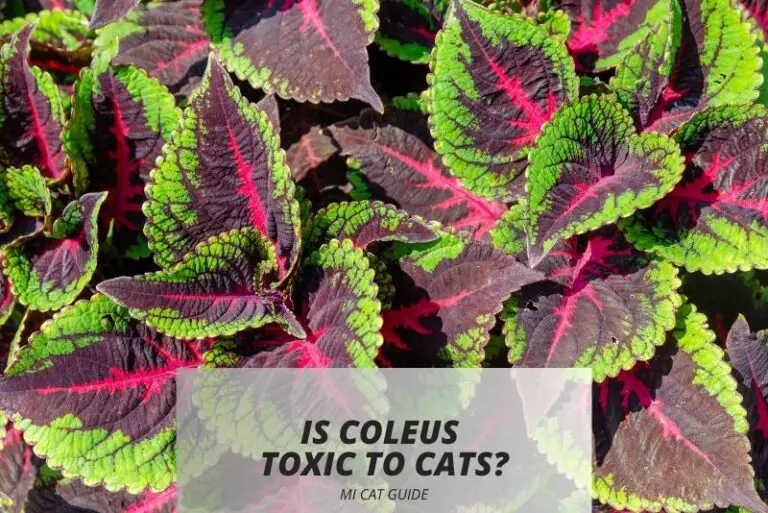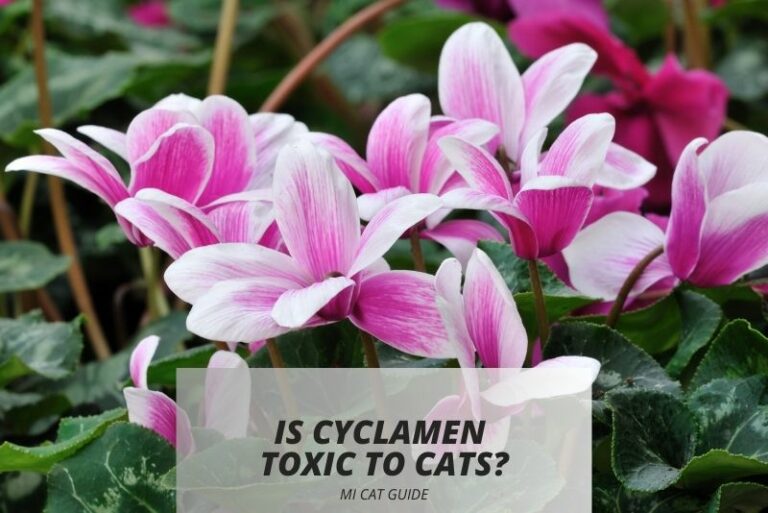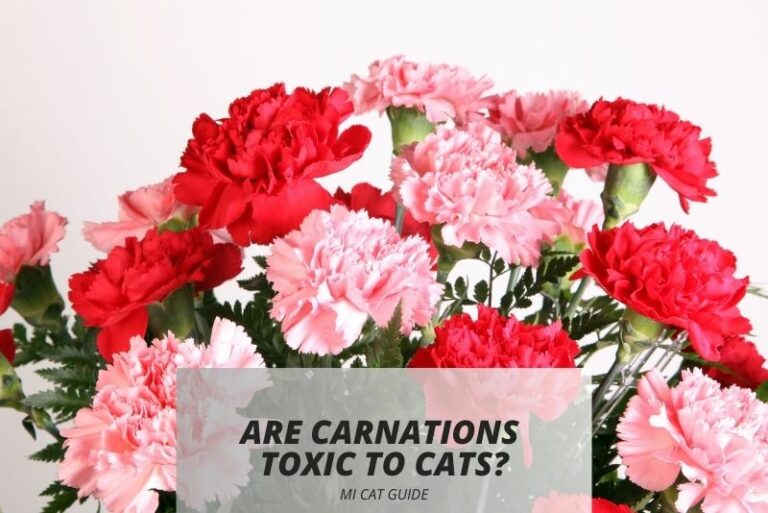Is Clematis Poisonous to Cats? (Symptoms to Watch)
Yes, according to ASPCA, clematis (Clematis spp.) is considered poisonous to cats. This climbing vine contains irritant glycoside (Protoanemonin) in its leaves and stems which makes it a potential hazard for cats. All parts of the clematis plant are toxic, and if ingested even in small amounts, can cause severe gastrointestinal irritation, vomiting, and diarrhea….

